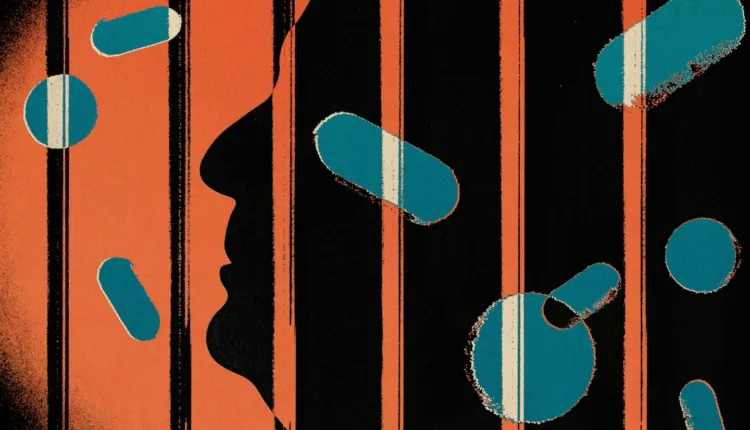
Dad’s Health At Risk: Inadequate Prison Healthcare System
TL/DR –
The article discusses the struggles of a family whose father was incarcerated in Florida State Prison. The father, a lawyer sentenced to almost three years for racketeering, entered prison with pre-existing health conditions, including blood cancer and an autoimmune disorder. The author highlights issues within the U.S. prison health care system, such as higher rates of chronic conditions among inmates, insufficient treatment, and the need for non-medically trained officers to approve health care requests.
Post-Sentencing Challenges for Elderly Prisoners in the US: A Personal Account
The harsh reality of sentencing elderly prisoners in the US is illuminated through the personal story of a 71-year-old Florida lawyer serving a nearly three-year prison sentence. Despite his family’s promise to ensure his well-being, maintaining his health proved daunting due to the intricacies of prison healthcare. The sentencing resulted from a plea agreement for racketeering, where he stood accused of mismanaging his law firm’s finances.
The lawyer had pre-existing health conditions, including a significant blood cancer and an autoimmune disorder, escalating the risks of his incarceration. His family soon realized that the health care system within prisons might be insufficient for maintaining his health. A prison sentence, even a short one, can often become life-threatening, a reality faced by more than 1.2 million people in U.S. correctional facilities daily.
Limited Lifespan and Chronic Health Conditions in Prison
Research by the Prison Policy Initiative highlights the serious health implications of imprisonment, stating every year in prison reduces a person’s life expectancy by two years. Additionally, the Centers for Disease Control and Prevention notes that incarcerated people have higher rates of several chronic conditions. Yet, a 2023 study from the Johns Hopkins Bloomberg School of Public Health reveals that incarcerated people are substantially less likely to receive treatment compared to the general U.S. population.
Rampant Prison Healthcare Issues
Healthcare in prisons involves a convoluted process where inmates must request services through non-medical corrections officers. The lawyer’s father, despite his declining health, struggled with such issues. Stories of other prisoners facing similar circumstances, including Hazel McGary, who suffered high blood pressure and chest pain, were not uncommon. The Prison Policy
—
Read More Health & Wellness News ; US News
